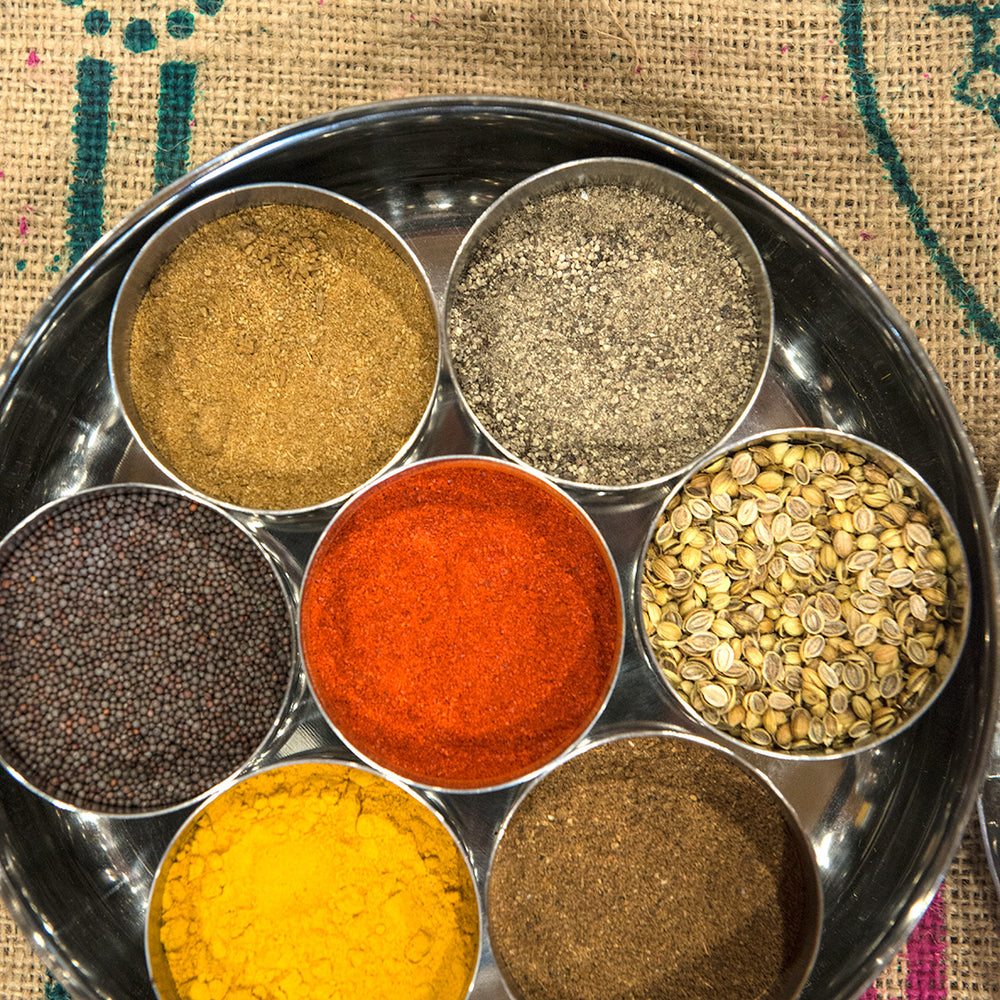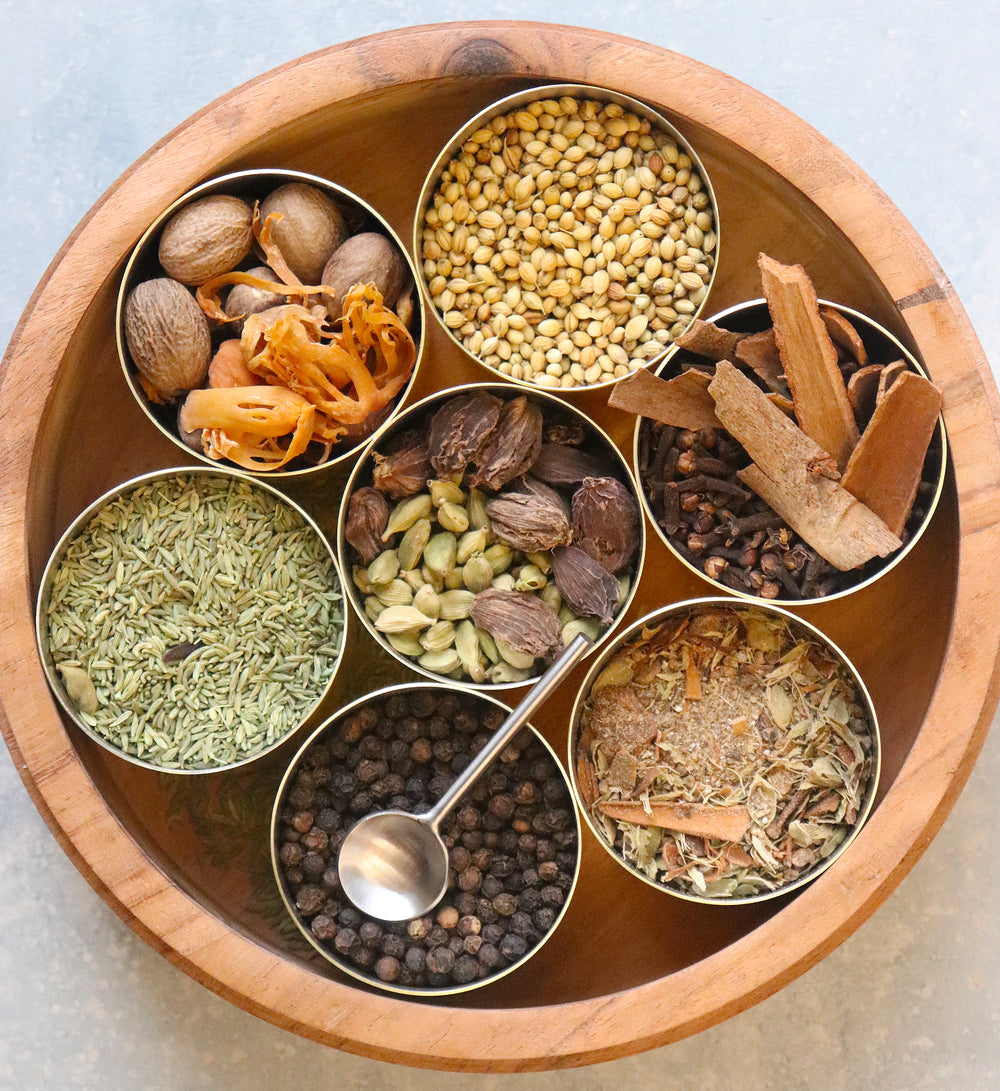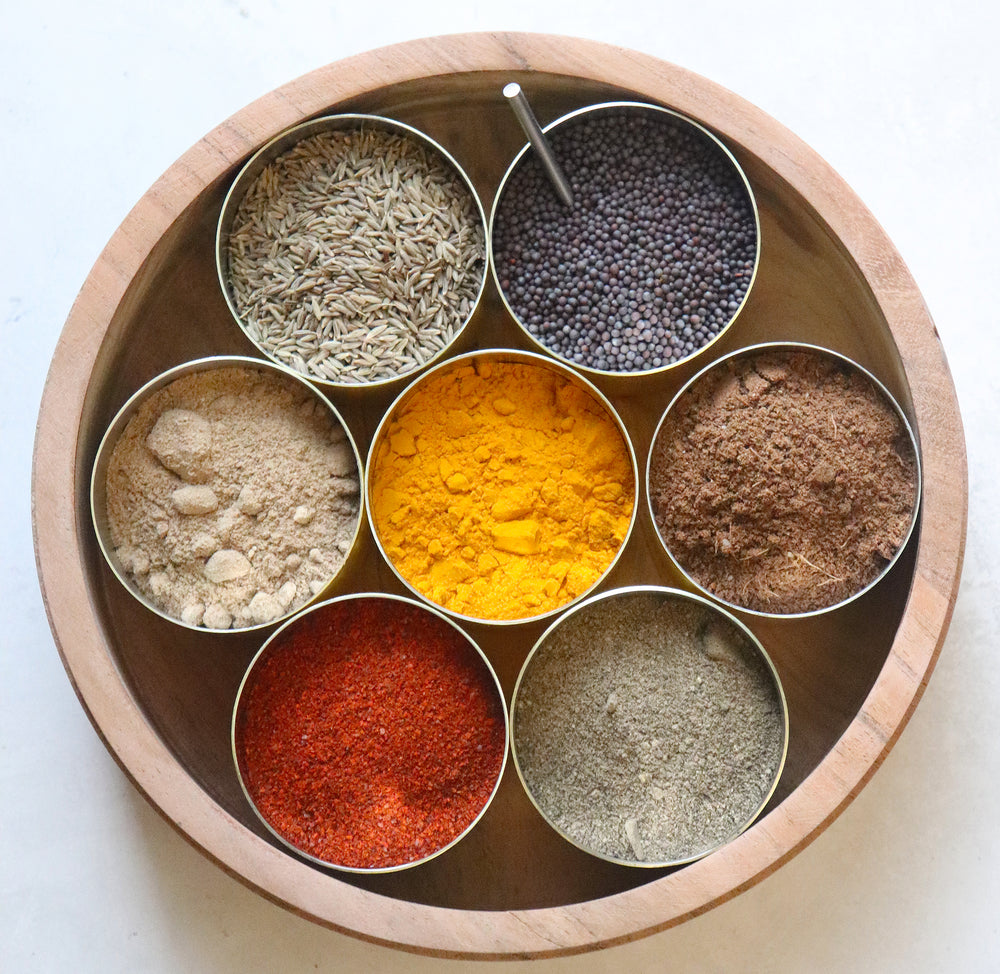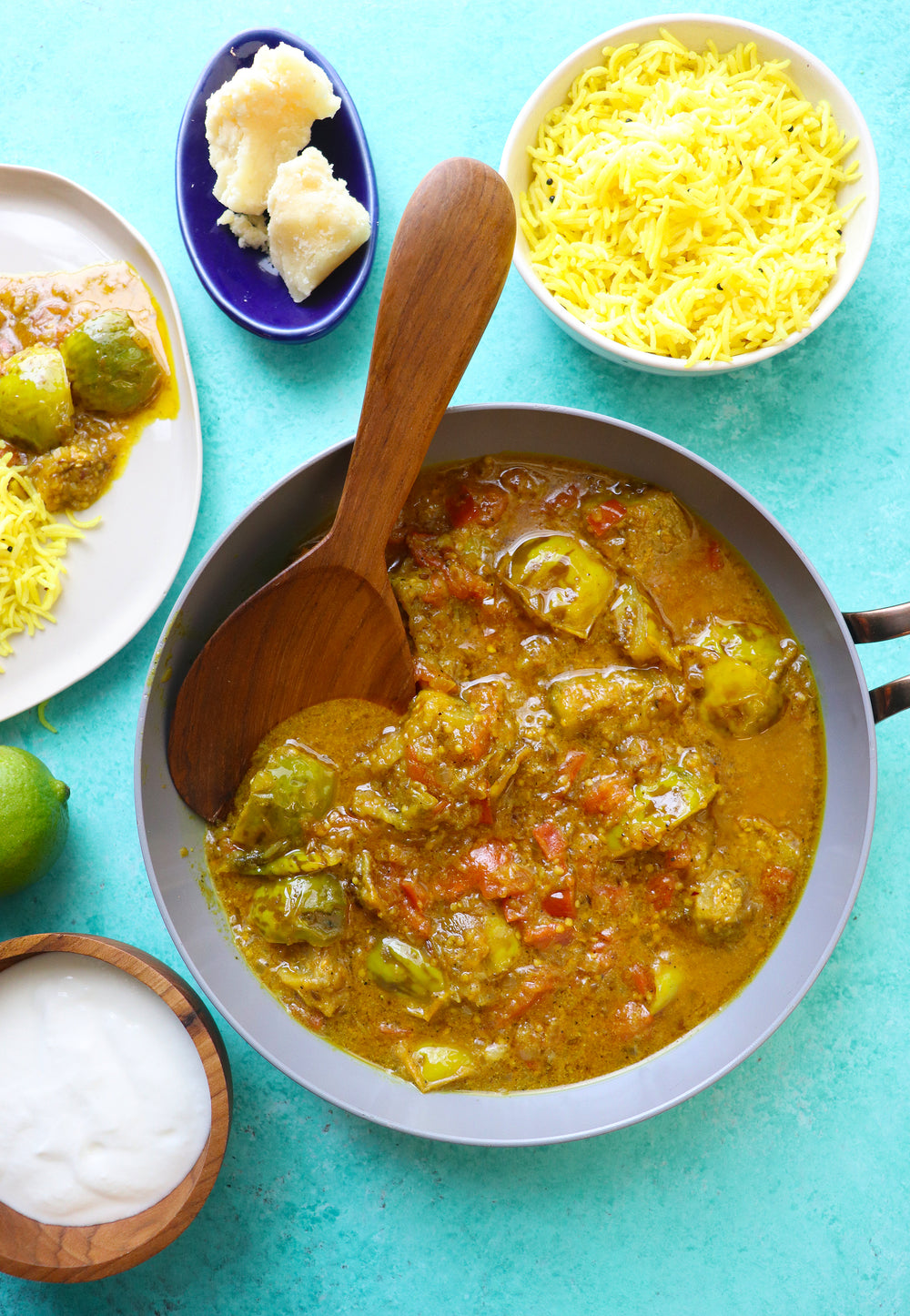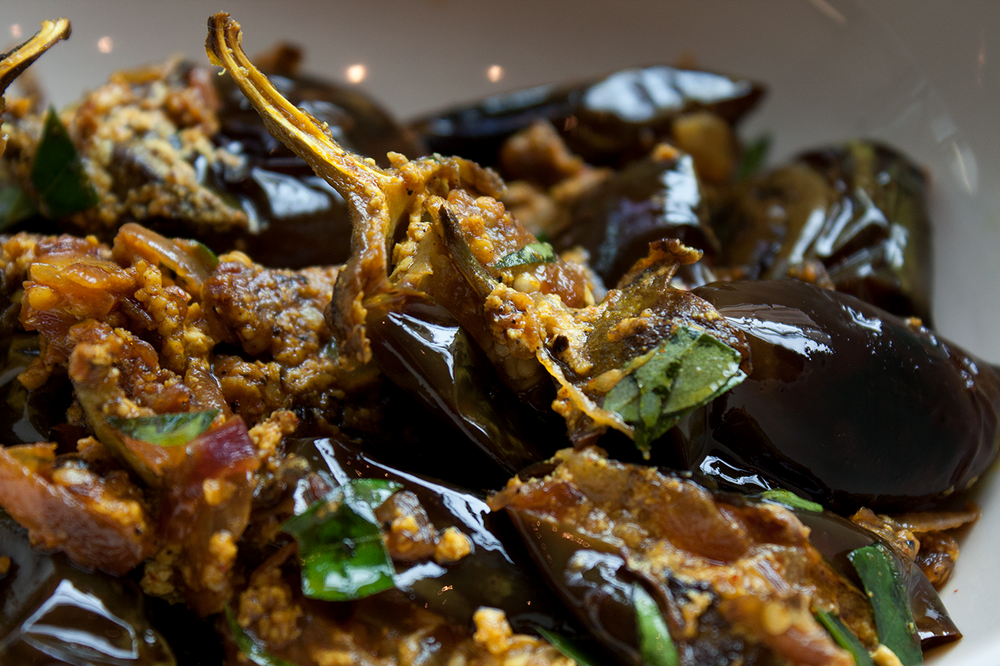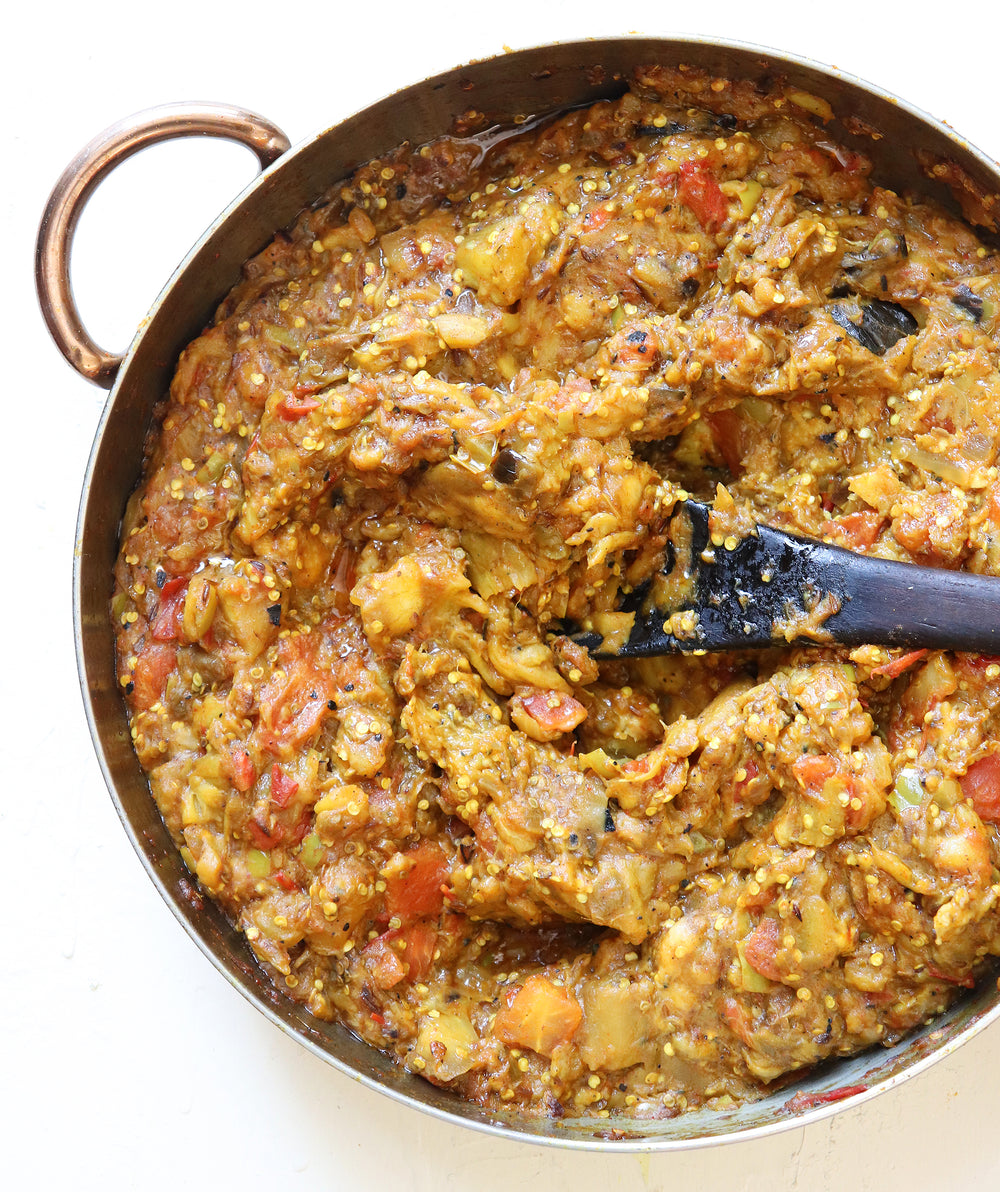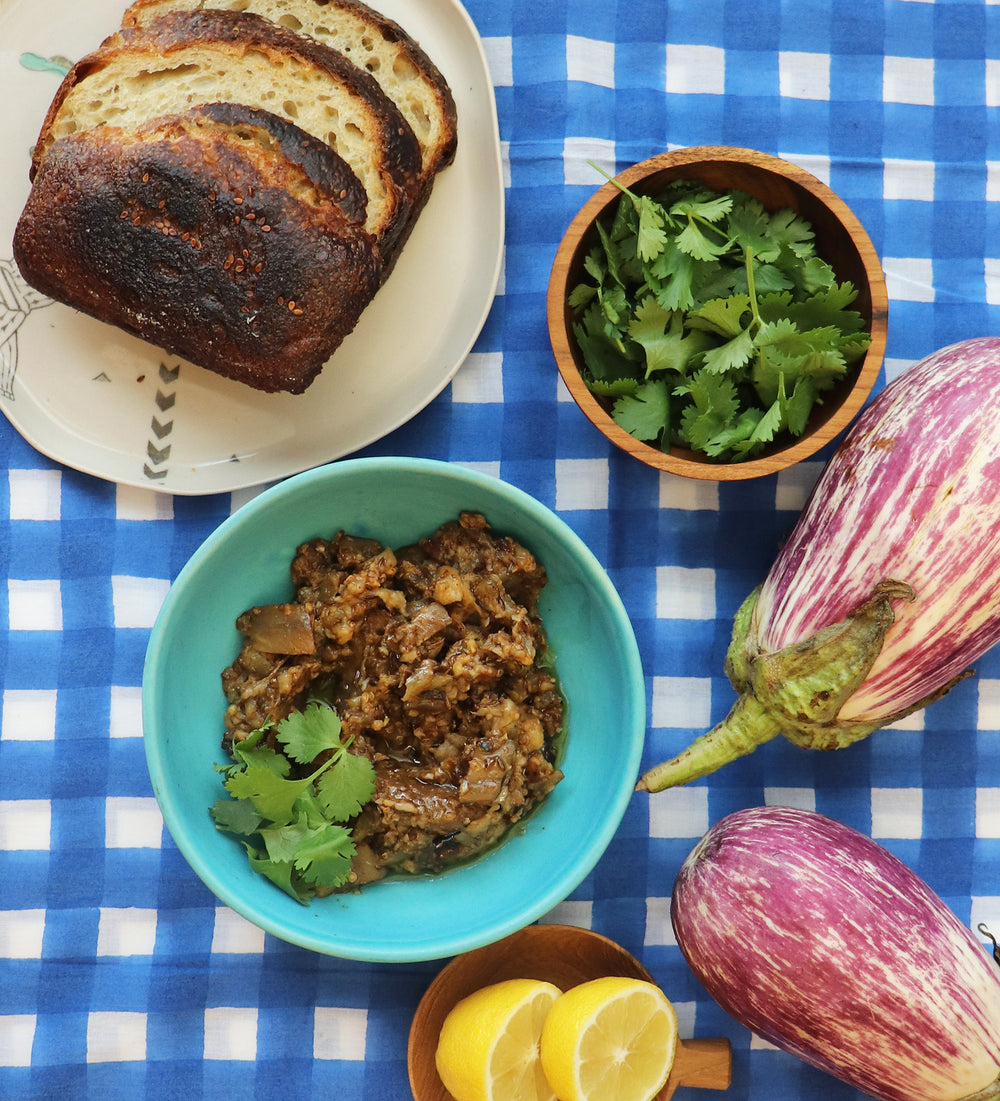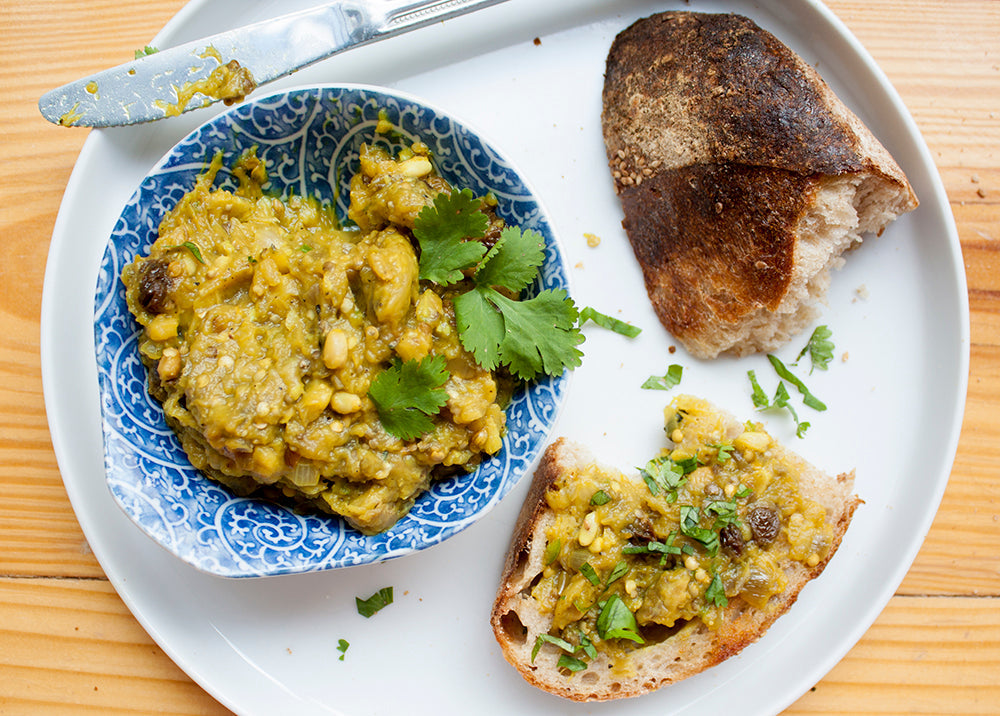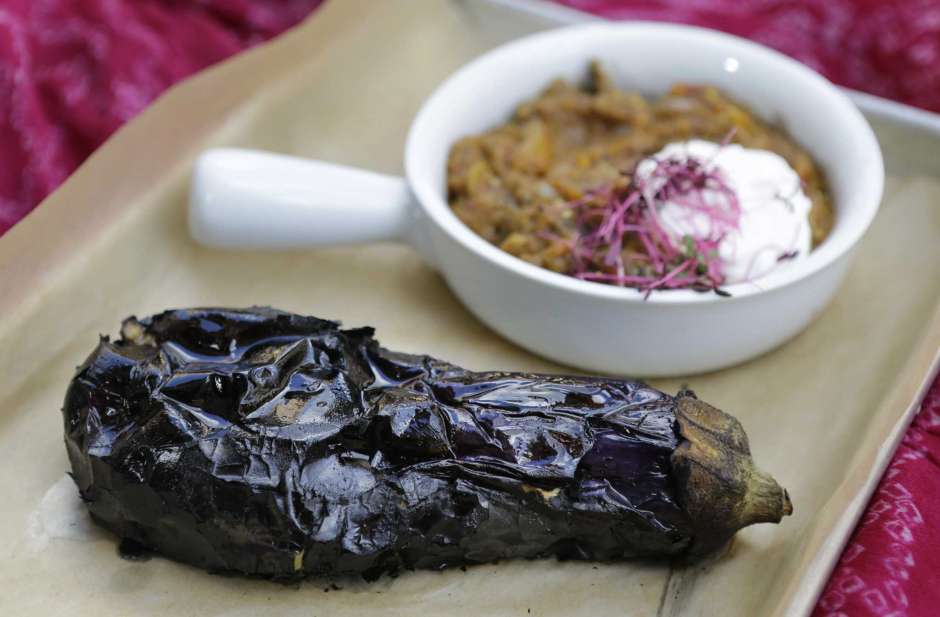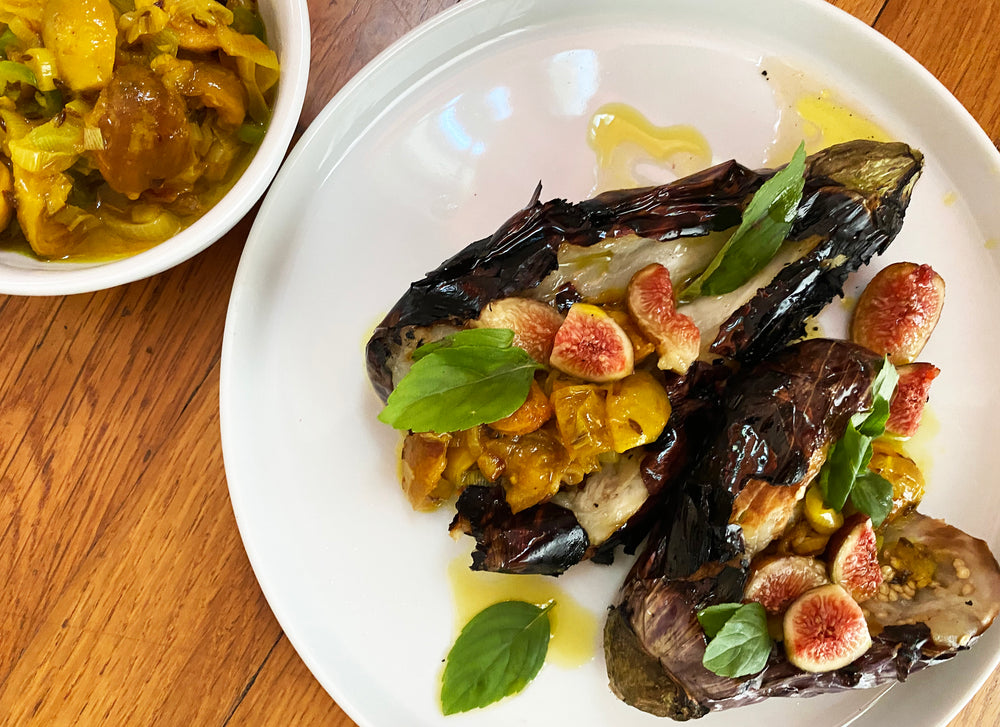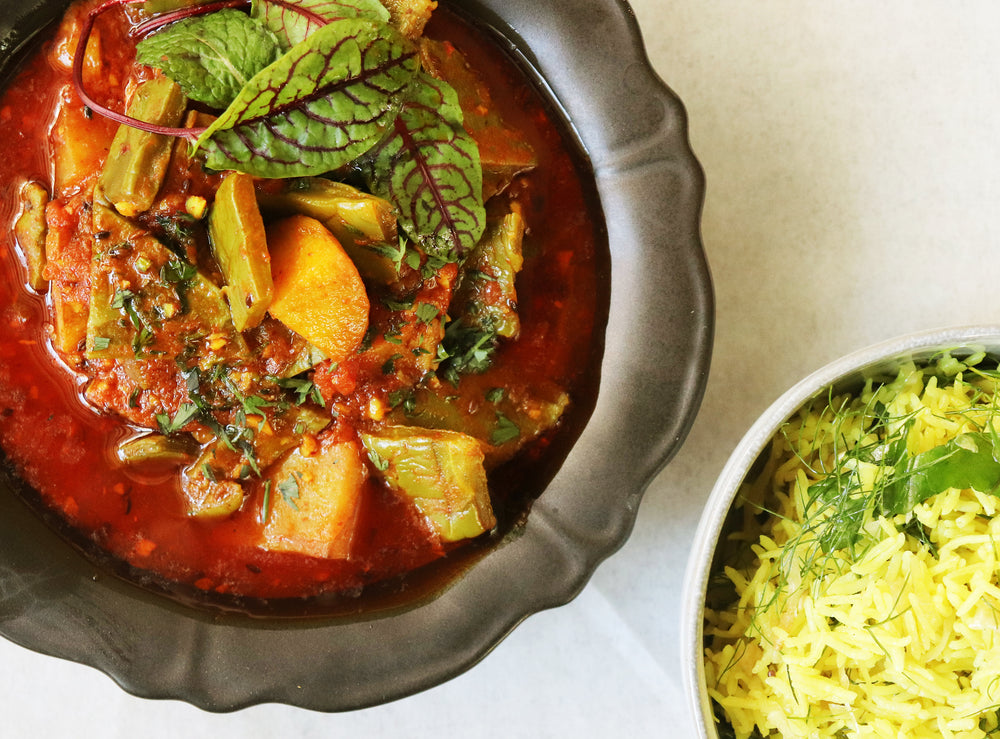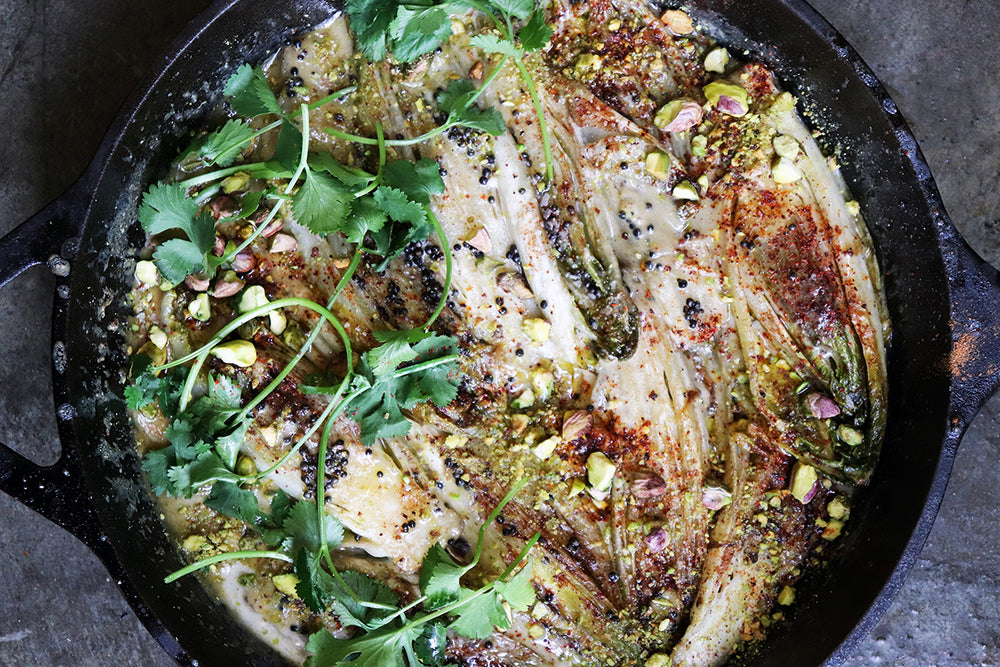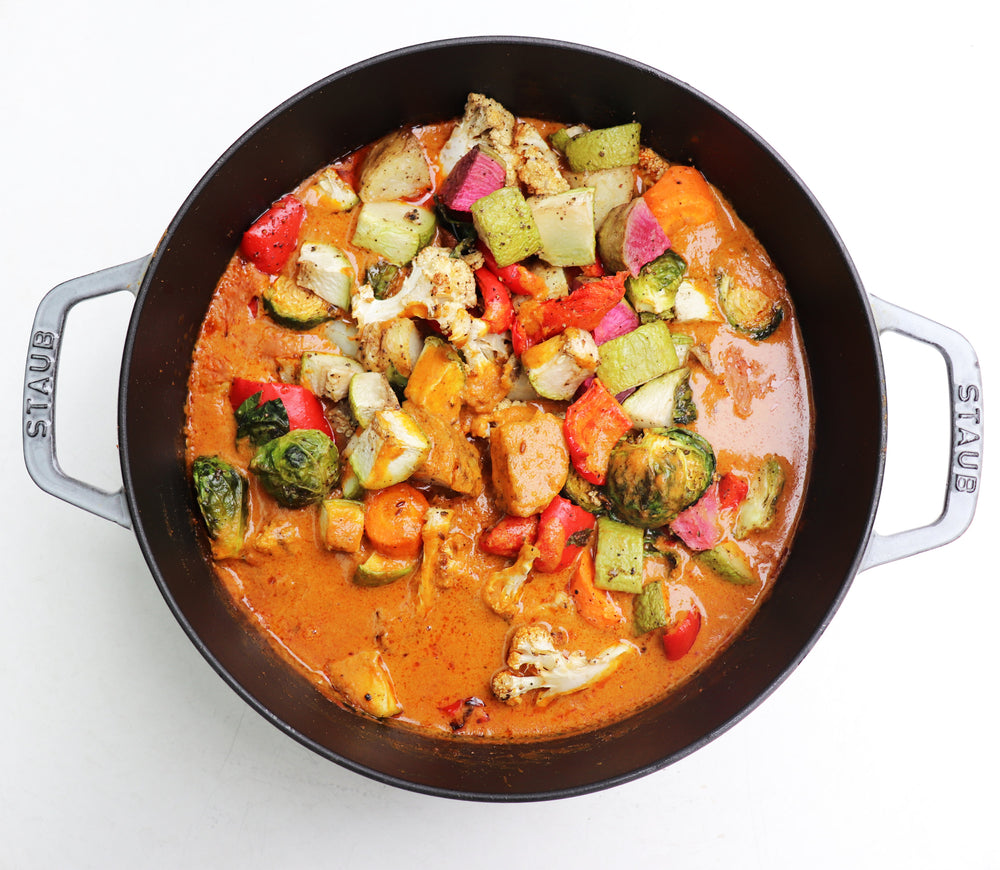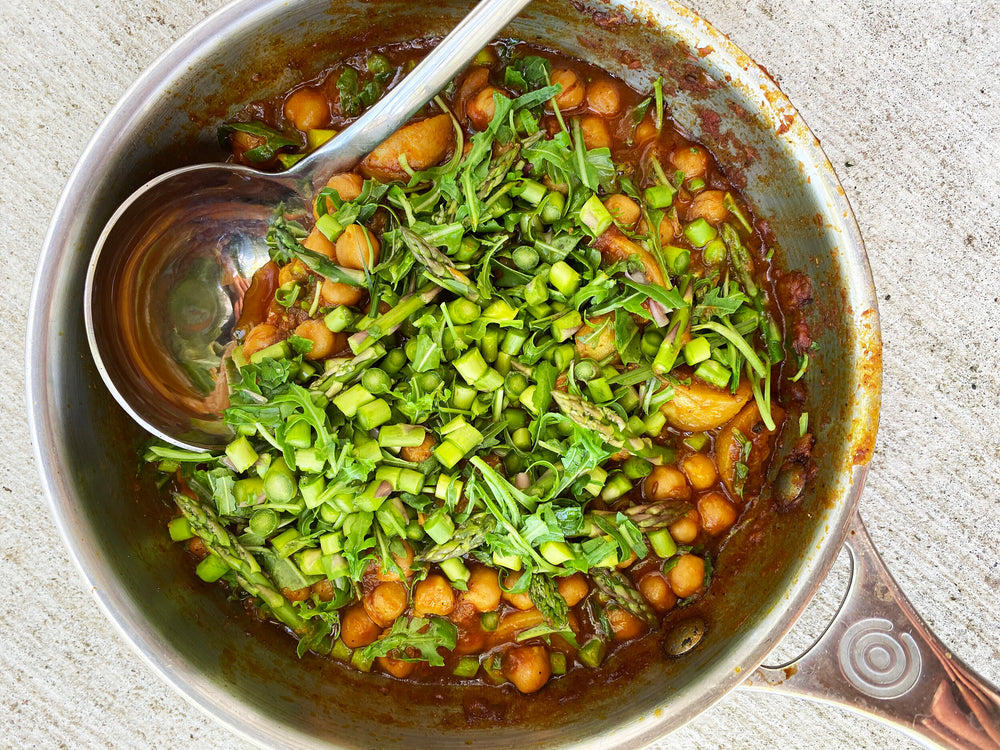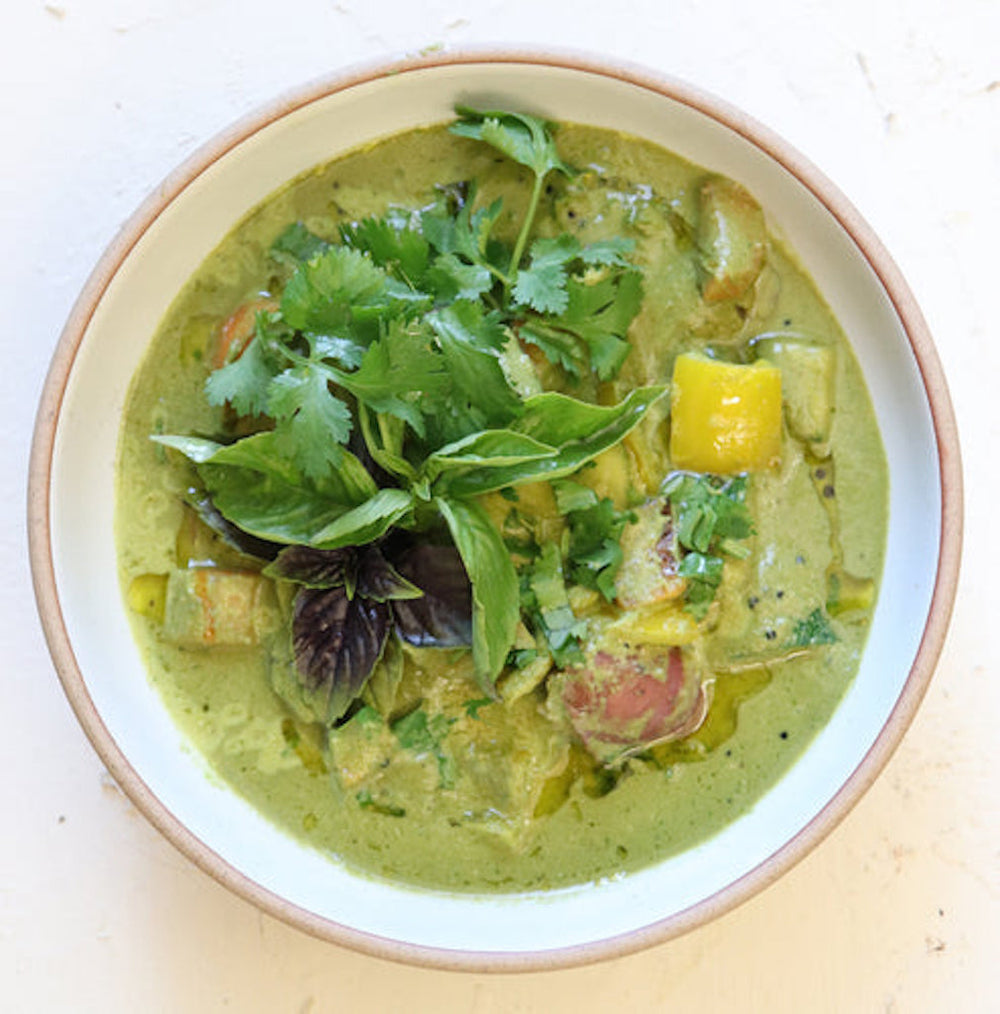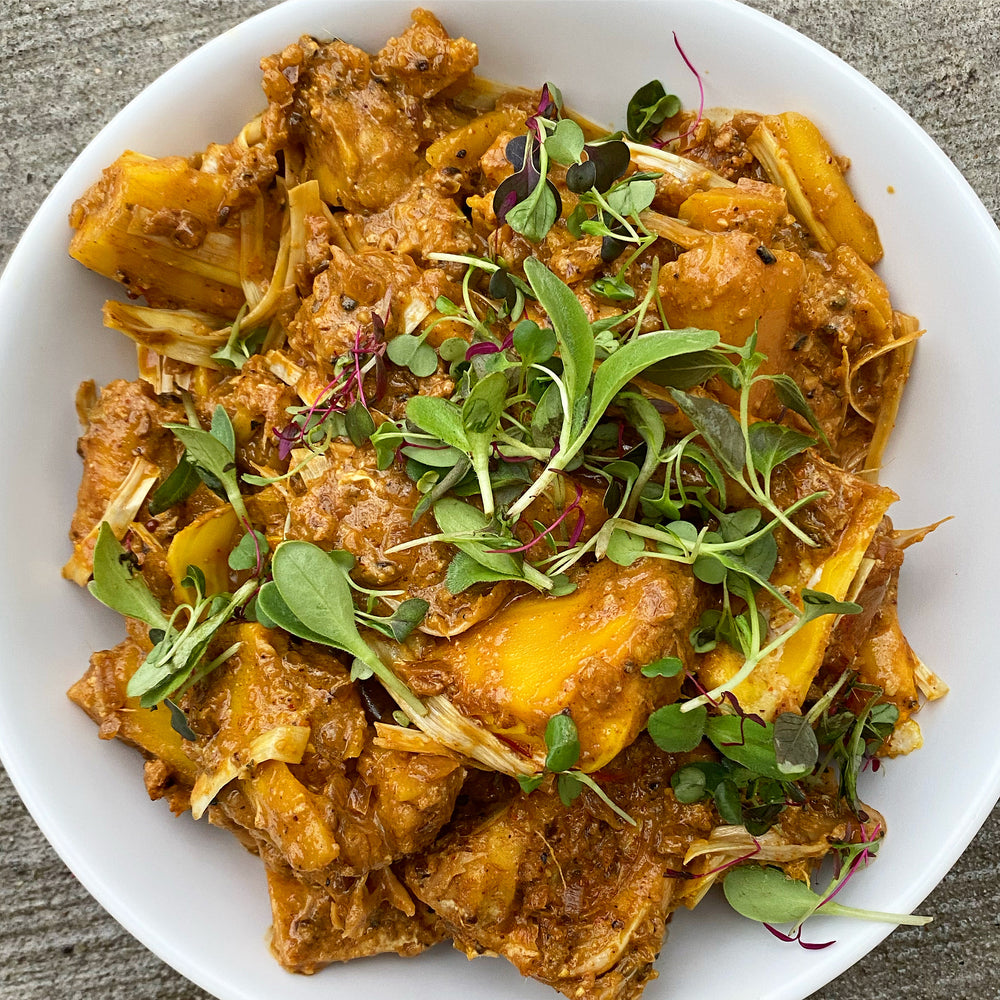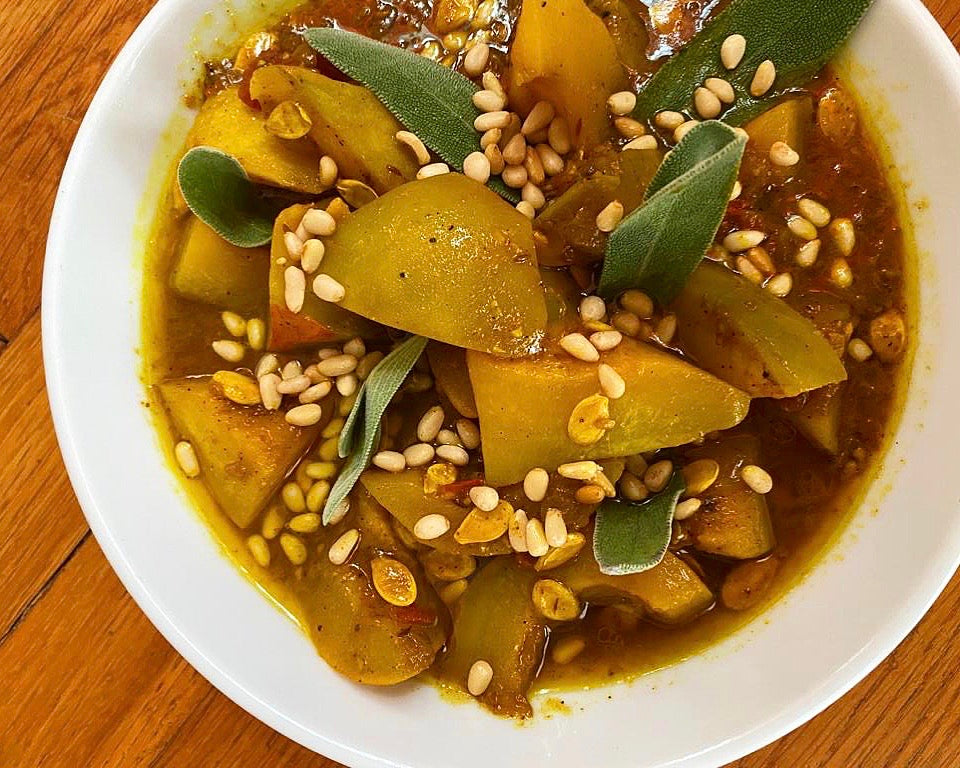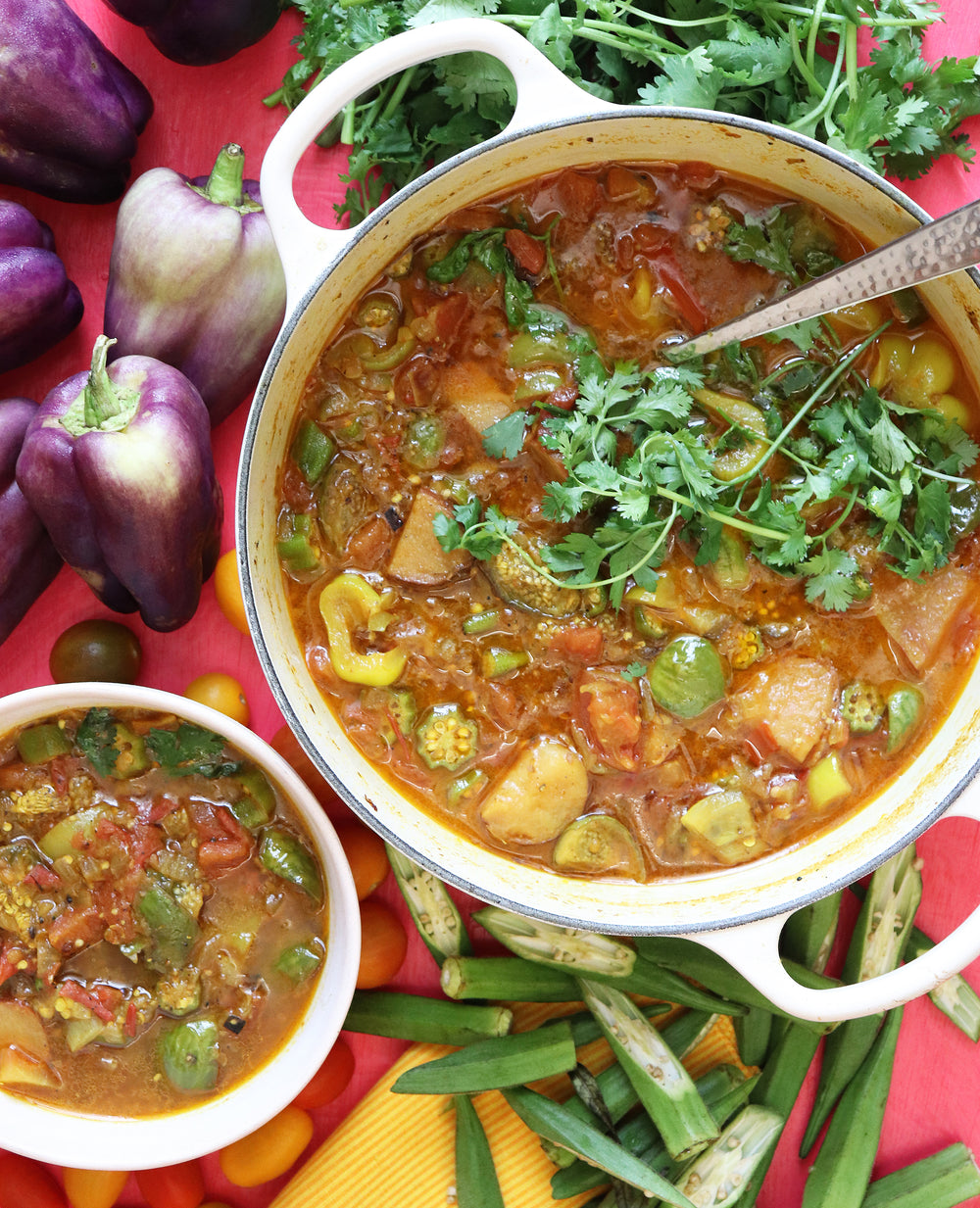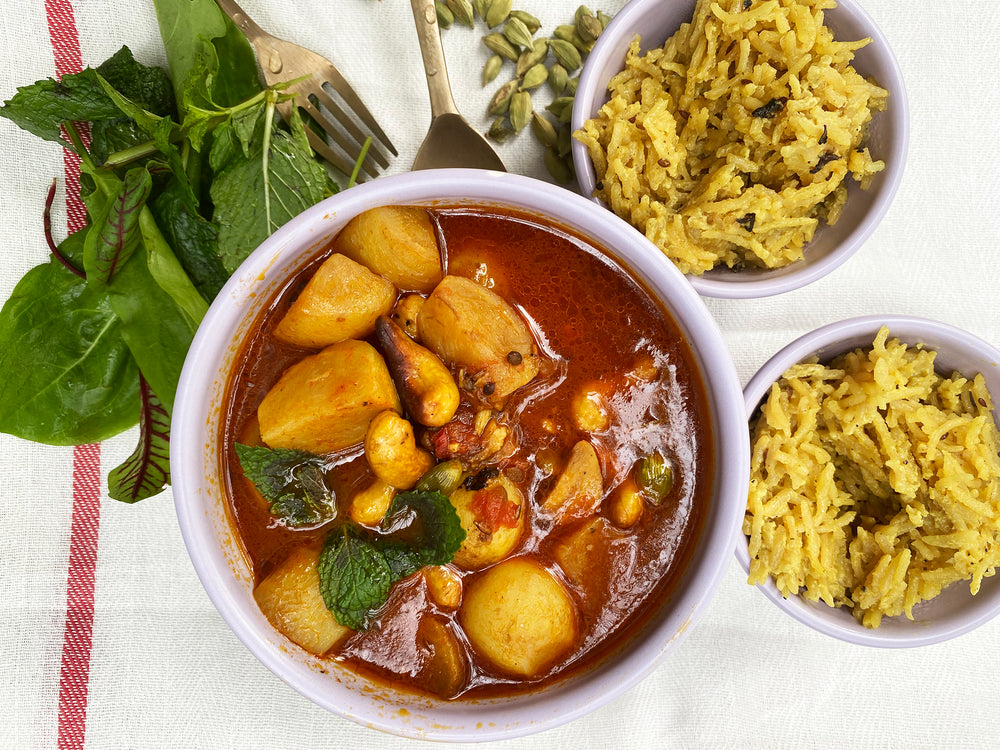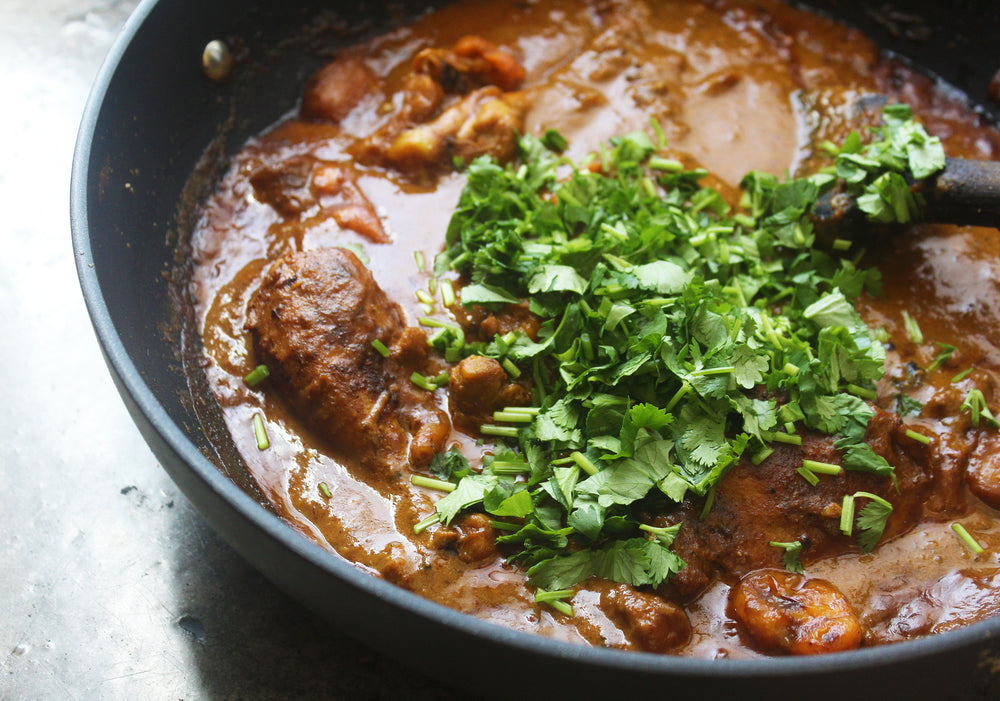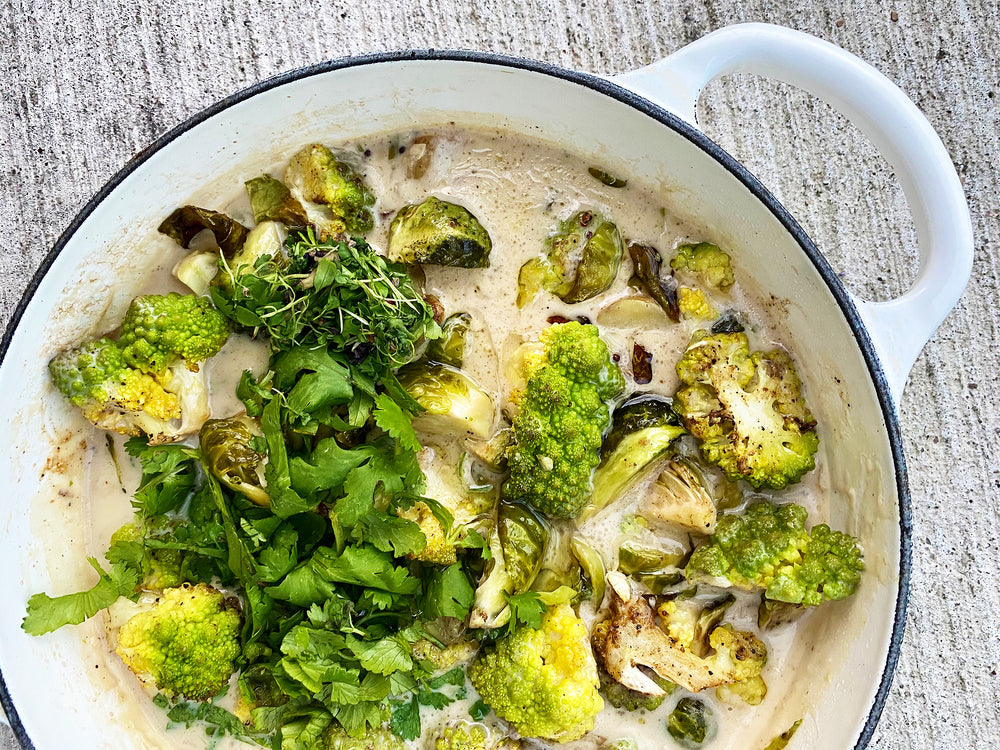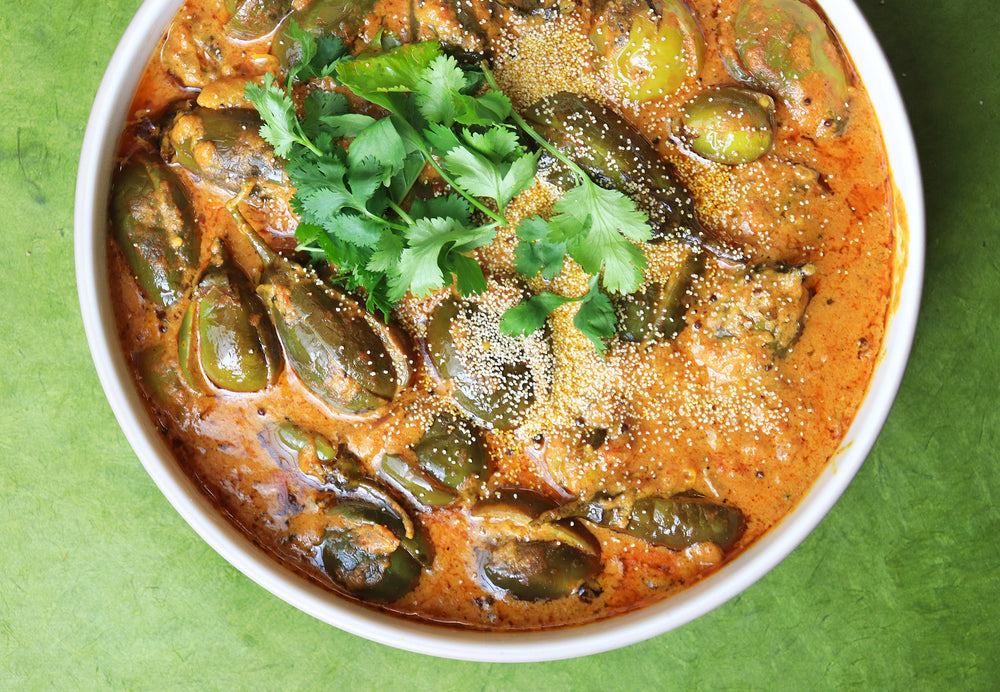
60 Min
GF
Bengali Baby Eggplant Curry
At the northeast corner of the back row at the Urban Harvest Farmer’s Market is a farmstand that always has crisp and hyper-fresh produce. Ely, the Congolese farmer who runs Sustainable Vegetable Garden welcomes me with a warm bright smile every Saturday. His set up is simple but I can tell just by looking at his vibrant green produce, be it kale, okra, or Malabar spinach, he farms with a lot of care. When I ask him, he says very humbly, “I don’t do much. I just take care of the soil the best I can, and it gives back plenty!” I know from personal experience how hard gardening, forget farming is, so I know he does a lot. Whether I buy two or twenty things, he always flashes his gratitude with a grin. I’ve learnt a thing or two about vegetables native to Africa from him.
Food is intrinsic to all our lives and the immigrant exchange of food and artistic culture is one of the things I love the most about living in America, particularly in Houston, which is so rich in diversity. Eggplants grown by a farmer from Congo in a curry made with poppy seeds native to Bengal, India comes together here in Houston, Texas. The baby eggplants Ely has on his table are dark purple with a heavy firmness that will hold their shape when cooked. They are ready to be cooked in an African stew or a Bengali curry. Or make a classic Italian caponata with them. Ely tells me that he will have those eggplants for a while, so go grab them while you can. I’ll be buying them every week!
At the northeast corner of the back row at the Urban Harvest Farmer’s Market is a farmstand that always has crisp and hyper-fresh produce. Ely, the Congolese farmer who runs Sustainable Vegetable Garden welcomes me with a warm bright smile every Saturday. His set up is simple but I can tell just by looking at his vibrant green produce, be it kale, okra, or Malabar spinach, he farms with a lot of care. When I ask him, he says very humbly, “I don’t do much. I just take care of the soil the best I can, and it gives back plenty!” I know from personal experience how hard gardening, forget farming is, so I know he does a lot. Whether I buy two or twenty things, he always flashes his gratitude with a grin. I’ve learnt a thing or two about vegetables native to Africa from him.
Food is intrinsic to all our lives and the immigrant exchange of food and artistic culture is one of the things I love the most about living in America, particularly in Houston, which is so rich in diversity. Eggplants grown by a farmer from Congo in a curry made with poppy seeds native to Bengal, India comes together here in Houston, Texas. The baby eggplants Ely has on his table are dark purple with a heavy firmness that will hold their shape when cooked. They are ready to be cooked in an African stew or a Bengali curry. Or make a classic Italian caponata with them. Ely tells me that he will have those eggplants for a while, so go grab them while you can. I’ll be buying them every week!

60 Minutes
4

Notes & Variations
- This recipe calls for poppy seeds and mustard oil, both hallmarks of Bengali cooking. They are not, however, essential to the recipe. Replace the poppy seeds with sesame seeds, any kind of nuts or nut butter. Mustard oil has very distinct pungent taste. If you do not have it, add more olive oil and a tablespoon of regular or Dijon mustard to the curry when you add the spices.
- Eggplants when braised and cooking into a stew require a lot of oil and you may need to add more if they appear dry when cooking them with the onions.
- To make a plant exclusive version, replace the yogurt with coconut milk. Add a bit of lemon juice at the end.

Notes & Variations
- This recipe calls for poppy seeds and mustard oil, both hallmarks of Bengali cooking. They are not, however, essential to the recipe. Replace the poppy seeds with sesame seeds, any kind of nuts or nut butter. Mustard oil has very distinct pungent taste. If you do not have it, add more olive oil and a tablespoon of regular or Dijon mustard to the curry when you add the spices.
- Eggplants when braised and cooking into a stew require a lot of oil and you may need to add more if they appear dry when cooking them with the onions.
- To make a plant exclusive version, replace the yogurt with coconut milk. Add a bit of lemon juice at the end.
Tags:

Stock Your Pantry
Tags:

Stock Your Pantry
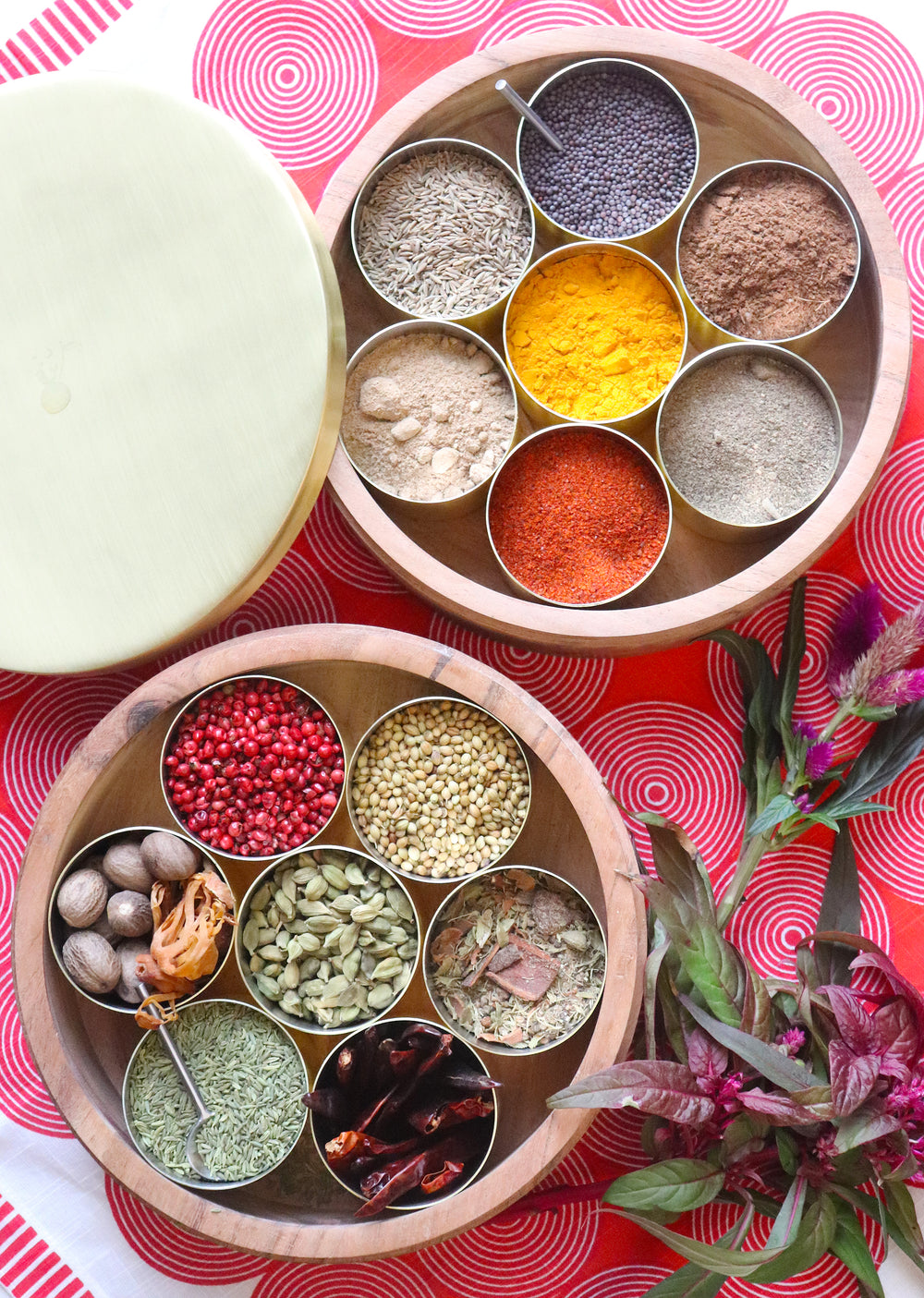
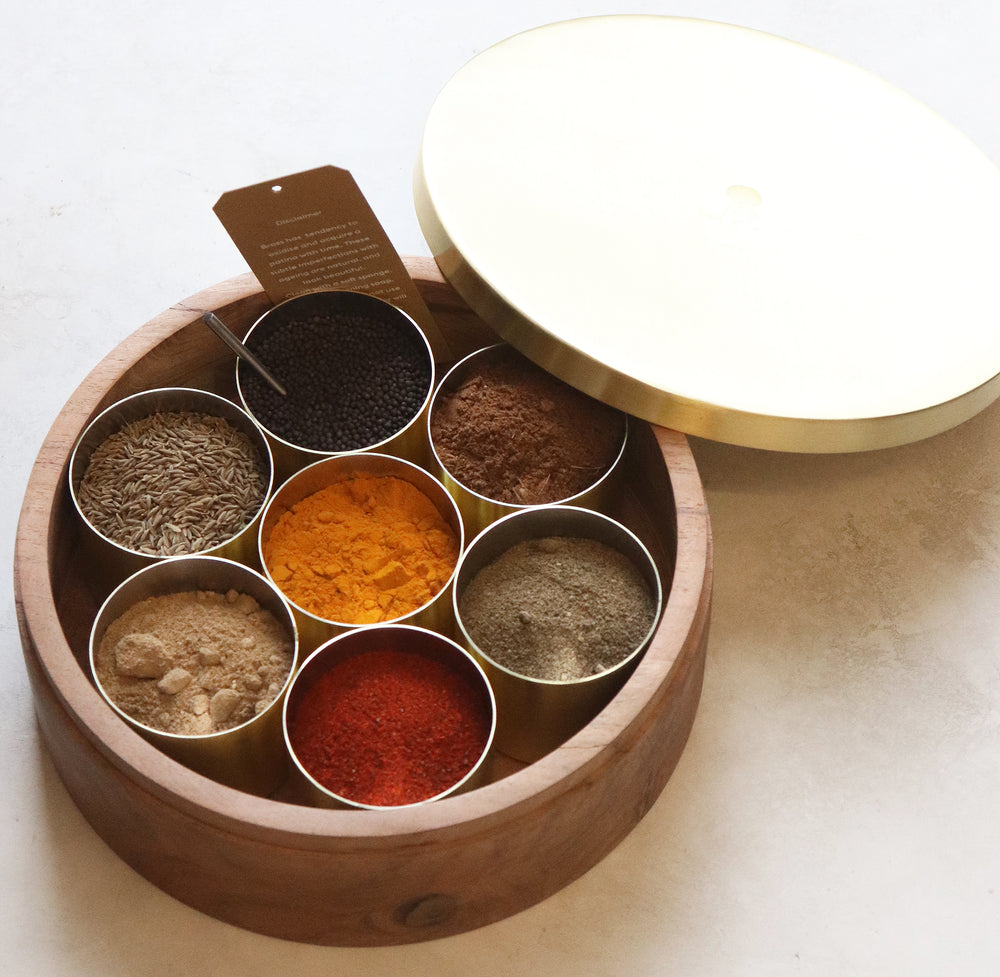
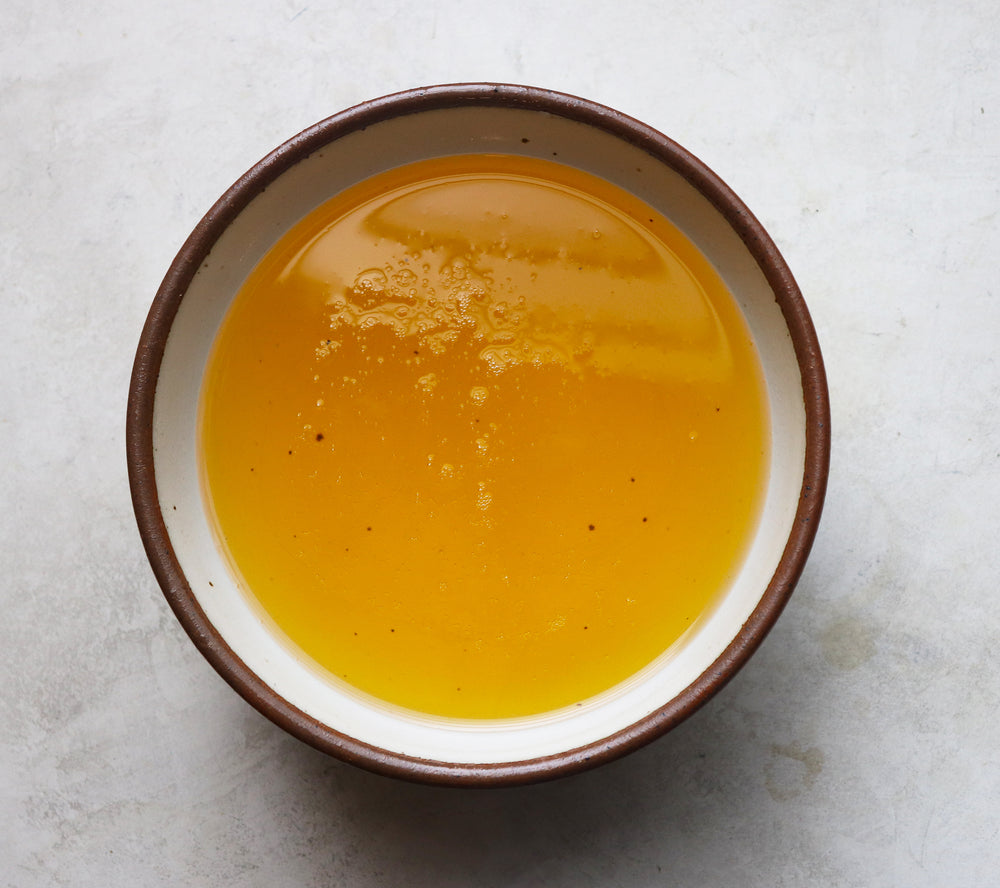
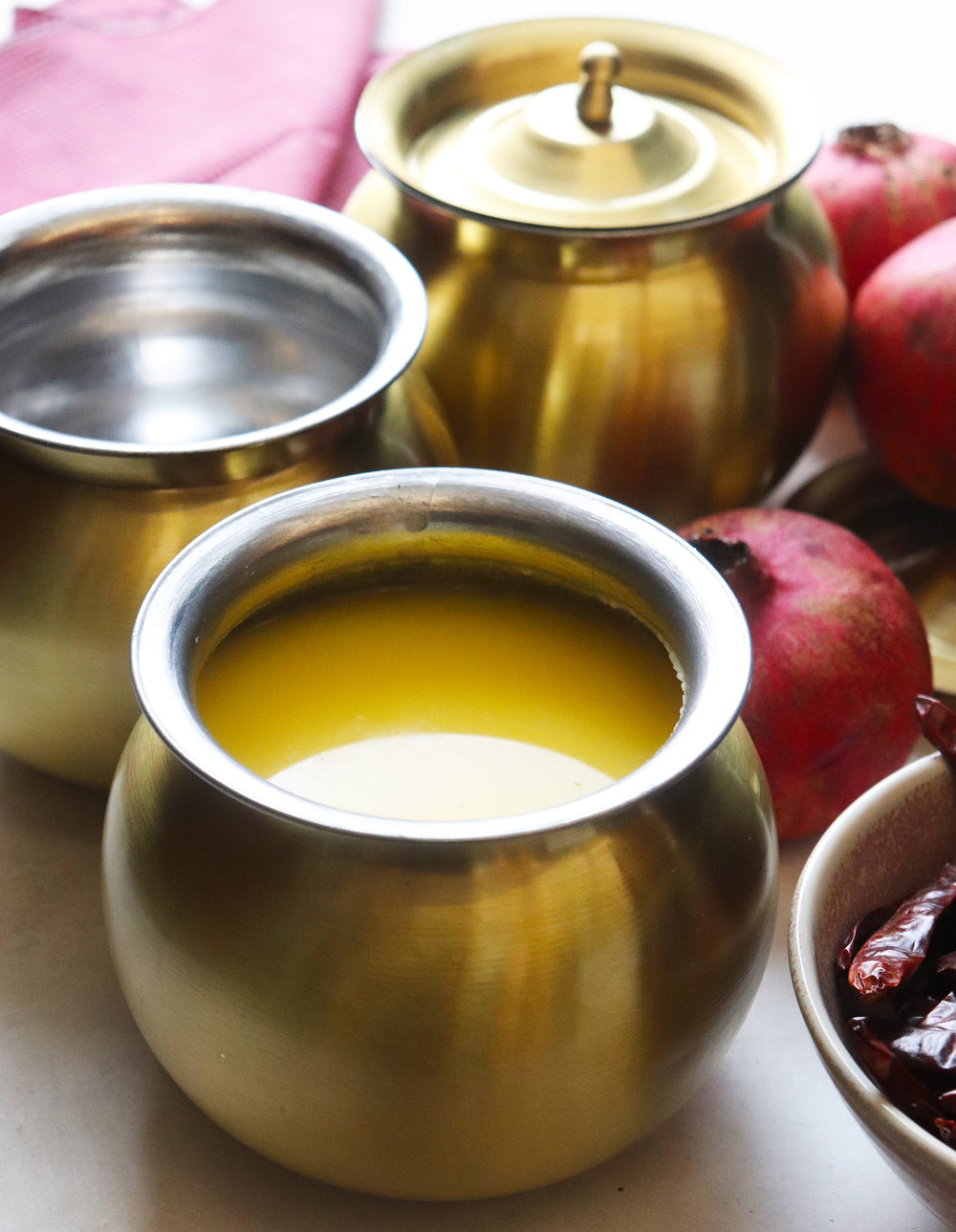
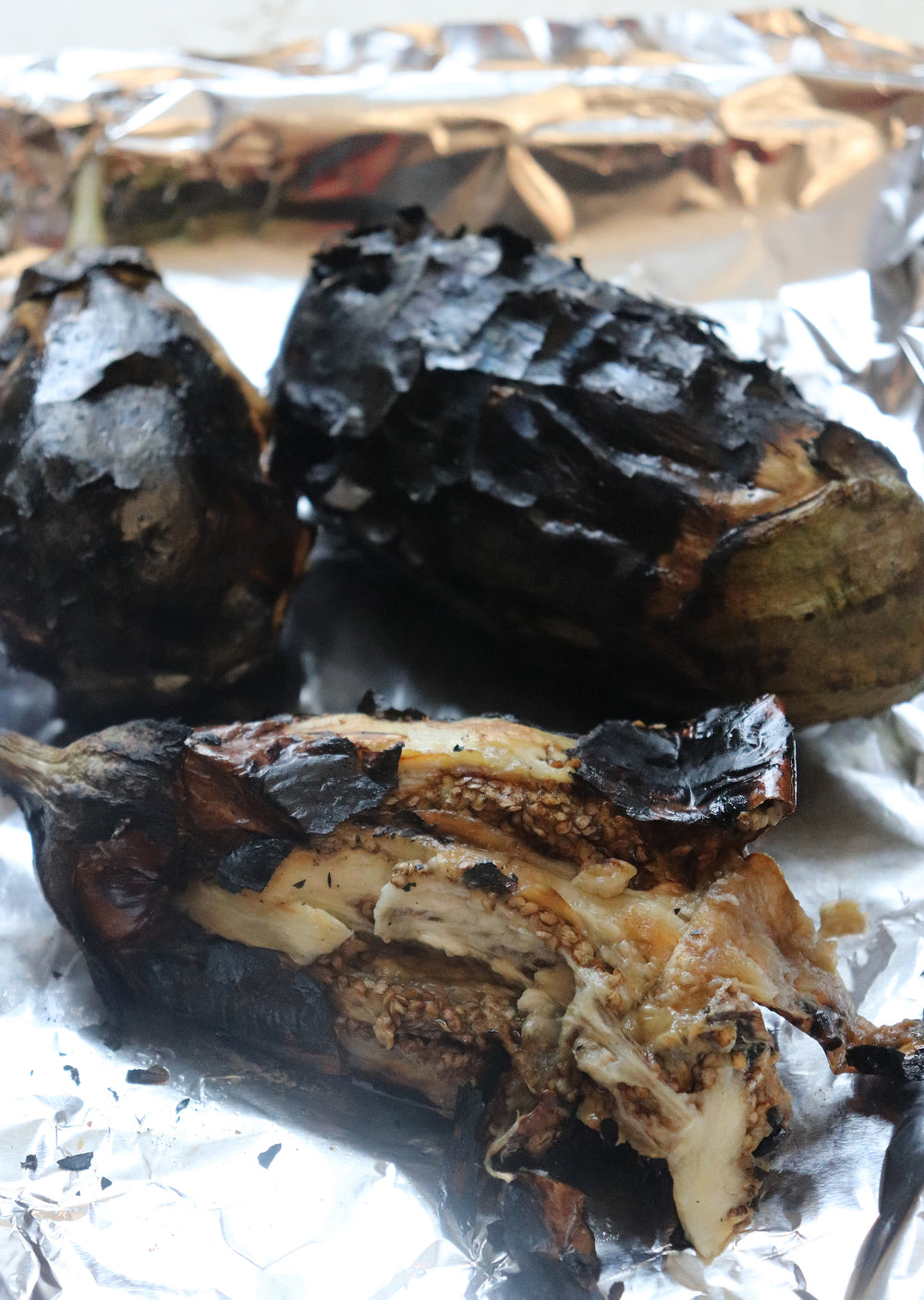
WANT MORE EGGPLANT?
Try out these delicious recipes!
we've got you covered



